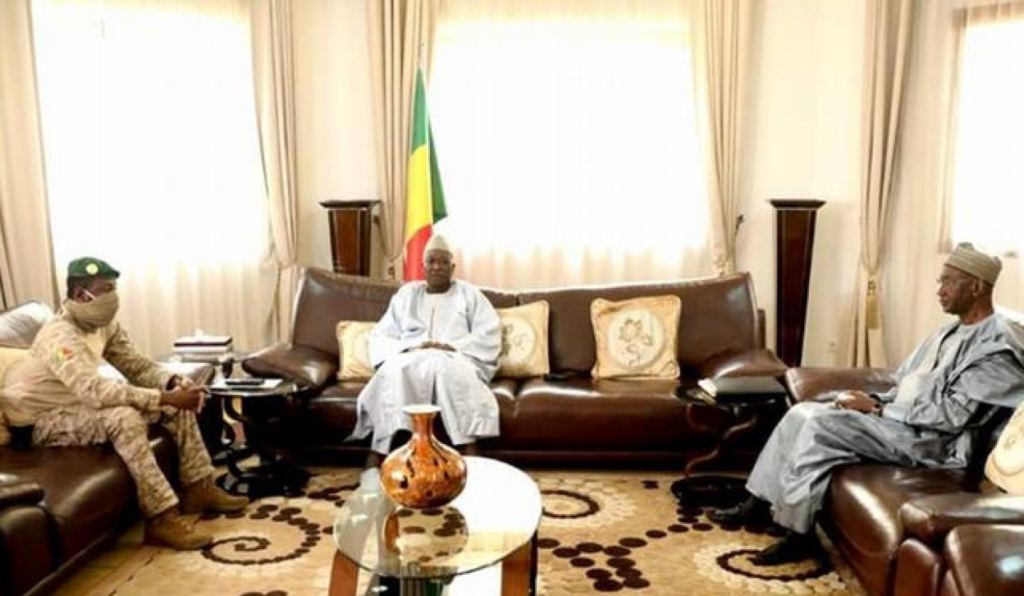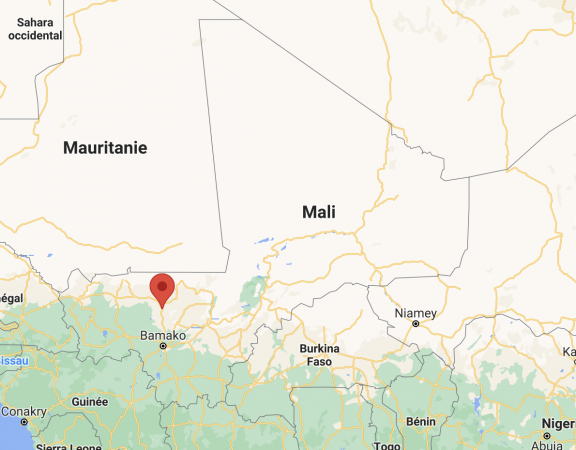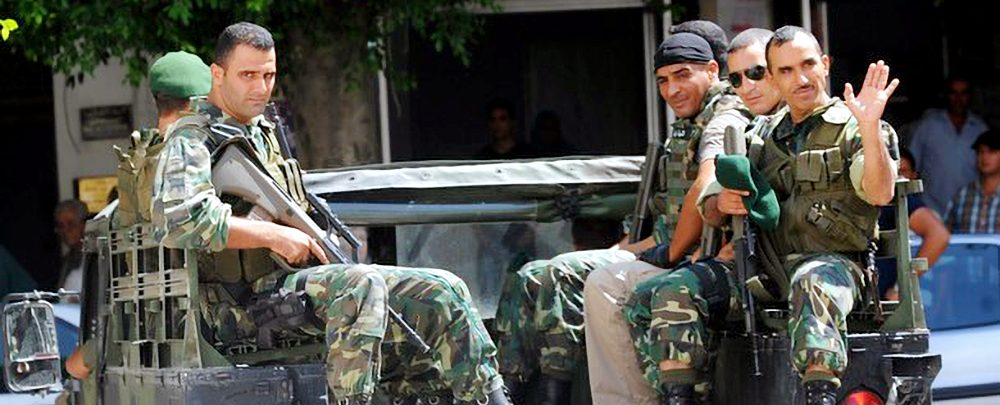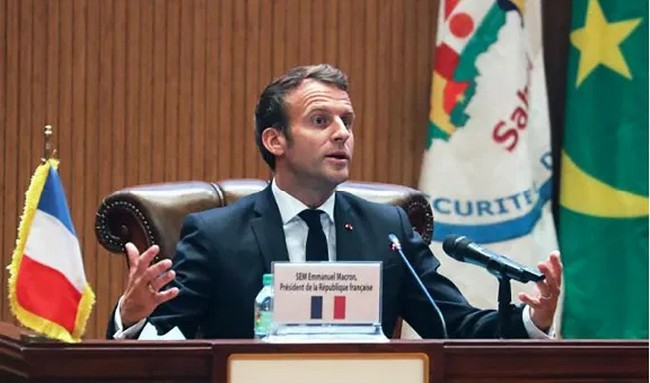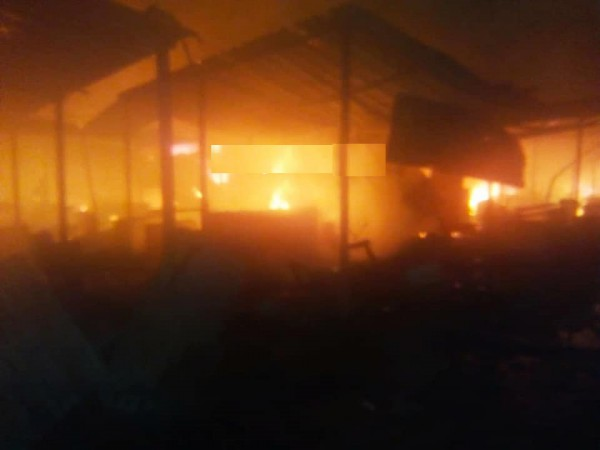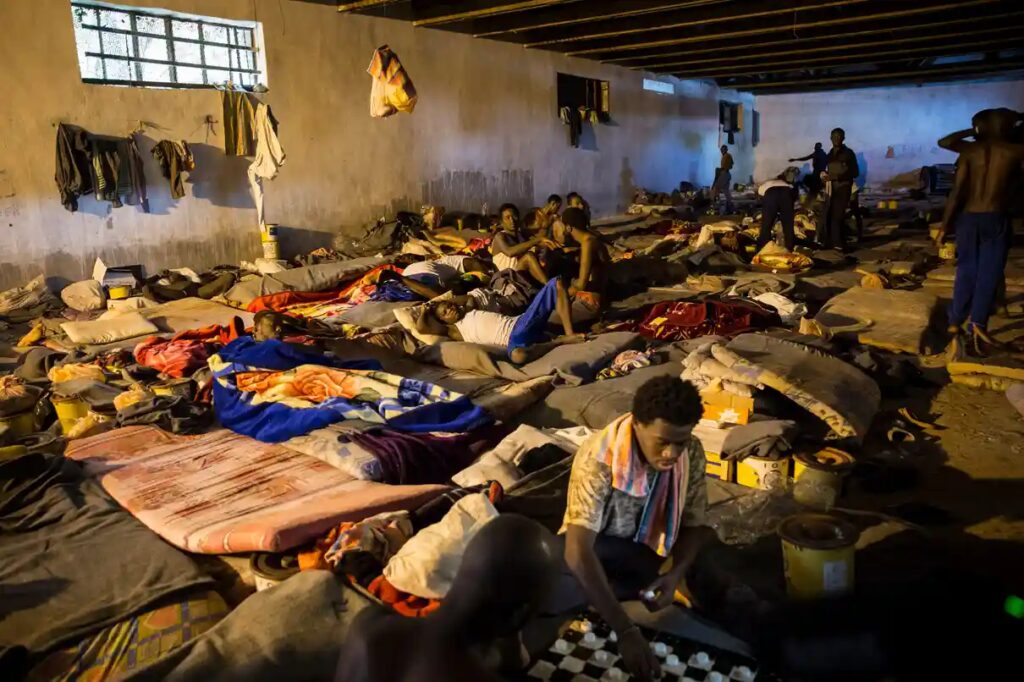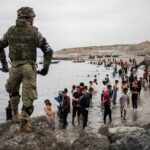La montée des eaux du lac Tanganyika provoque des besoins humanitaires urgents au Burundi
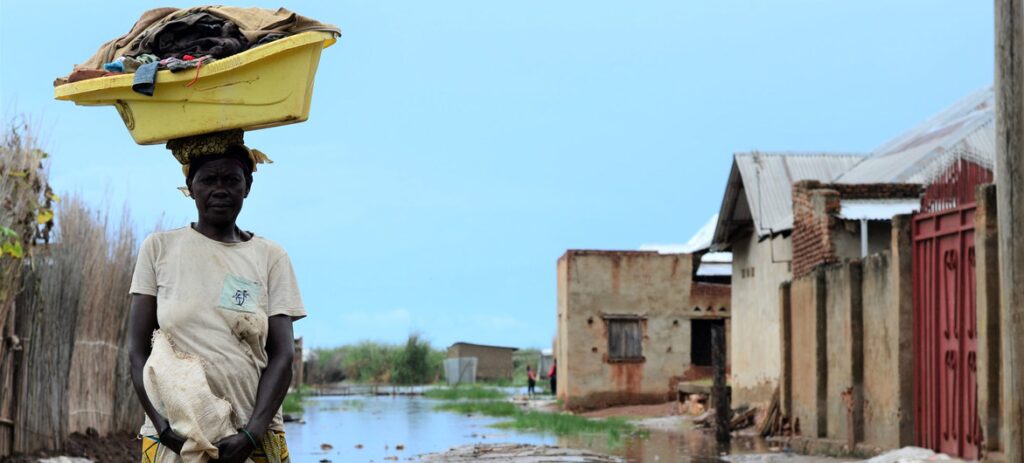
« Qu’allons-nous faire si l’eau ne cesse de monter ? » Cette question est dans tous les esprits des riverains du lac Tanganyika au Burundi : les propriétaires de maisons, les entrepreneurs et les ouvriers du bâtiment, les agriculteurs, les vendeurs du marché, les écoliers, les navetteurs et, bien sûr, les travailleurs humanitaires et les acteurs du développement.

